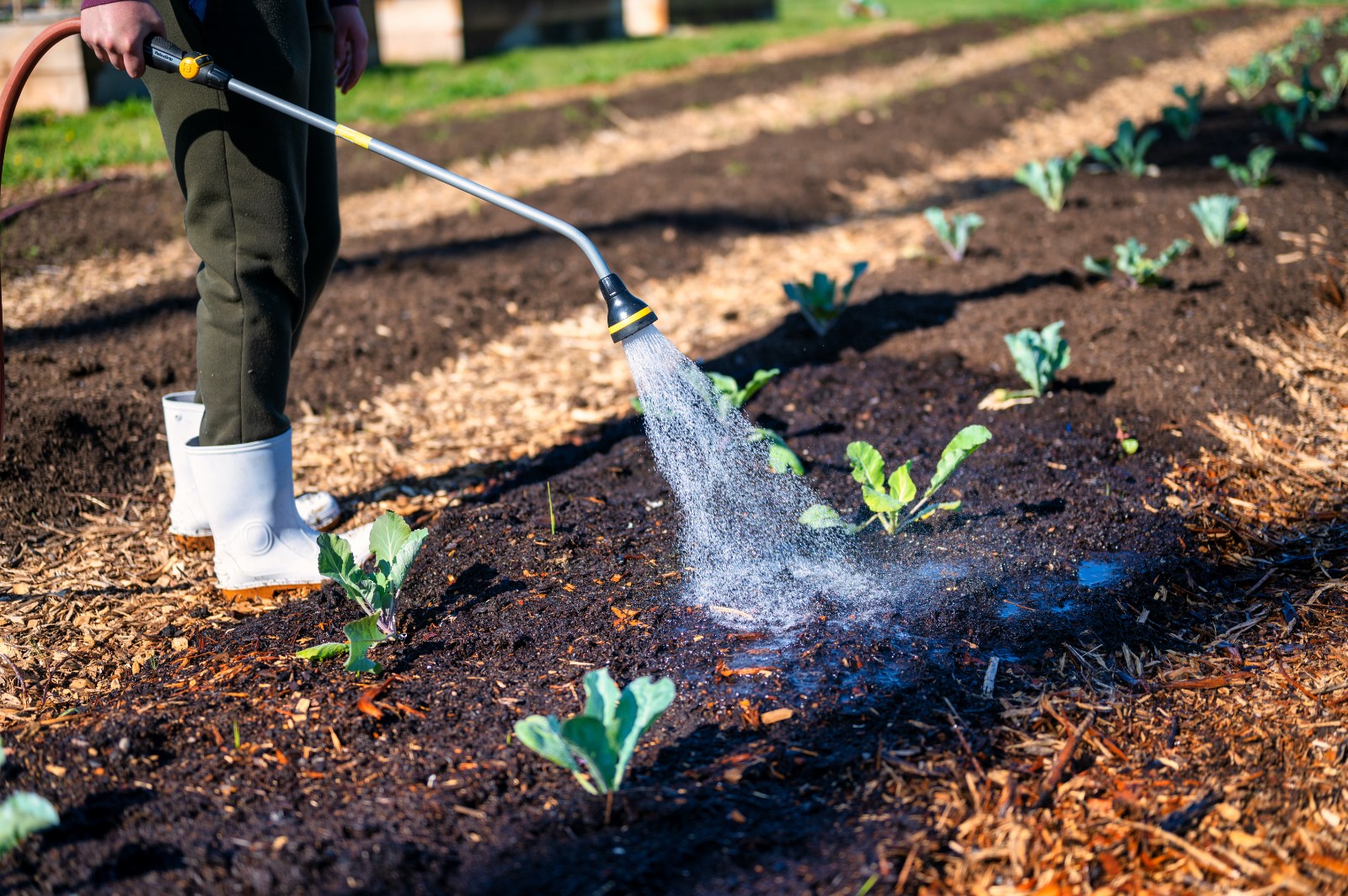


On 13 July 2023, the website of the Department for Environment, Food and Rural Affairs of the United Kingdom stated that the production, processing, import, export or sale of organic food in the United Kingdom must be certified by the British Machinery Control Agency.
Inspection by the regulatory authority shall not be less than once a year, or may be carried out randomly according to the risk, when carrying out the inspection or sampling, the operator or its authorized personnel shall be accompanied, and the sample will be sent to an accredited laboratory for the necessary testing. Operators who raise livestock for organic meat or dairy products are required to conduct detailed assessments, and control agencies will test livestock, meat and feed for banned substances such as growth hormones and veterinary drugs such as antibiotics. If the test results do not meet organic standards, the control agency will investigate and carry out a risk assessment, the food with high risk will be banned from being sold as organic products, and will also investigate the premises of the business, whether the sample contains pesticides, whether other organic food is affected, whether the company that supplied the raw materials is affected. And investigate whether the business was intentionally or uncontrollably contaminated. Test results show that organic food contains trace amounts of pesticides, do not exceed the safe limit must stop the sale of affected organic food, or withdraw the organic certification, exceed the safe limit of pesticide residues, the control agency will report to the UK Chemicals Regulatory Agency (CRD).
Need help or have a question?
Send mail